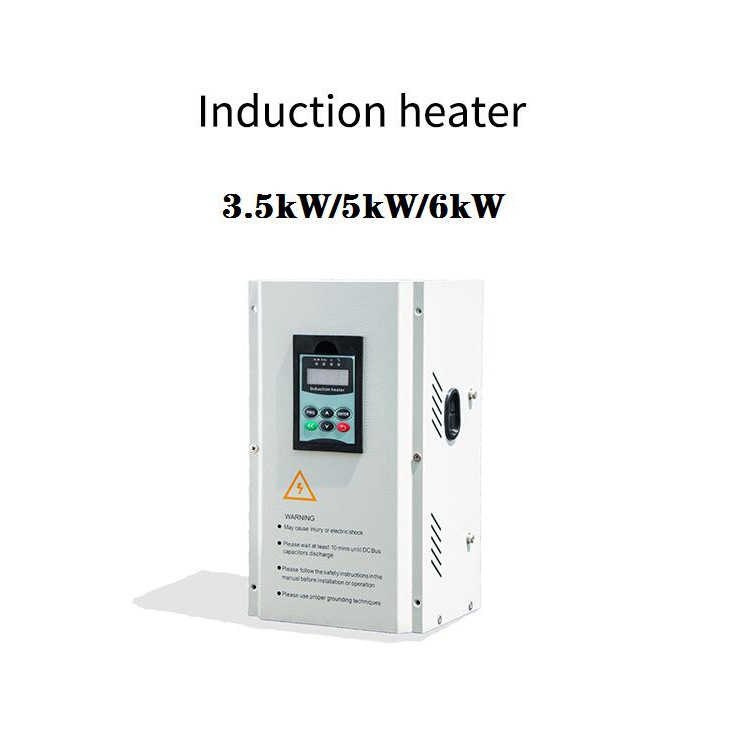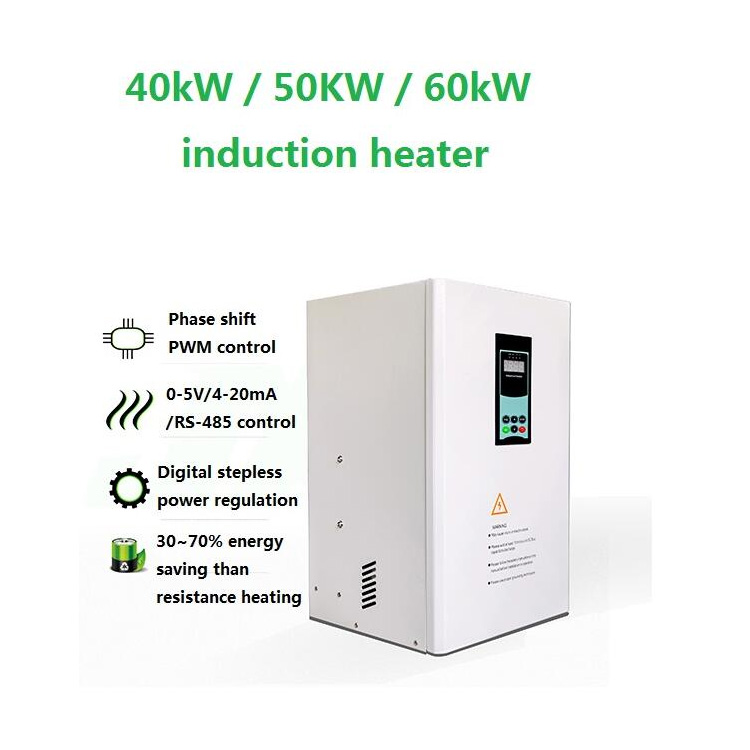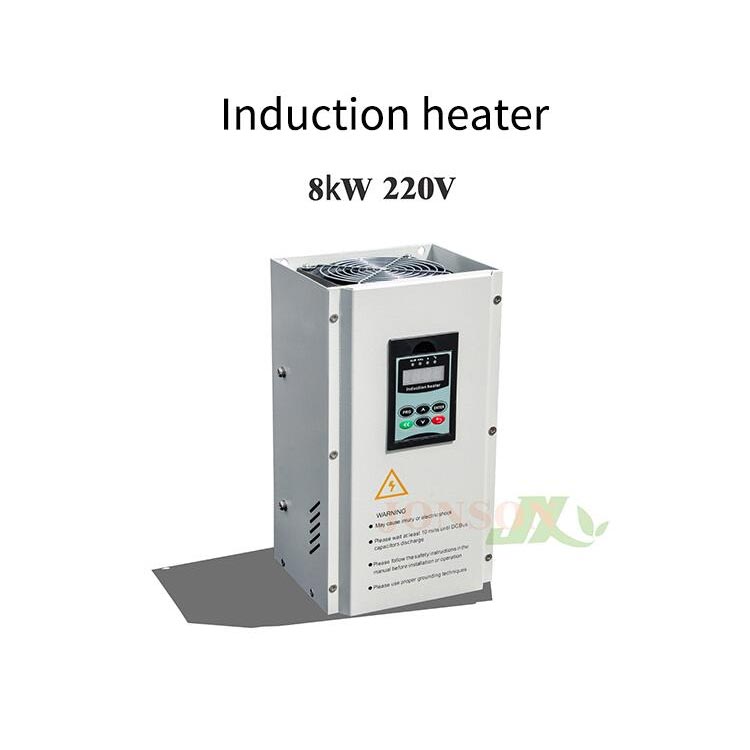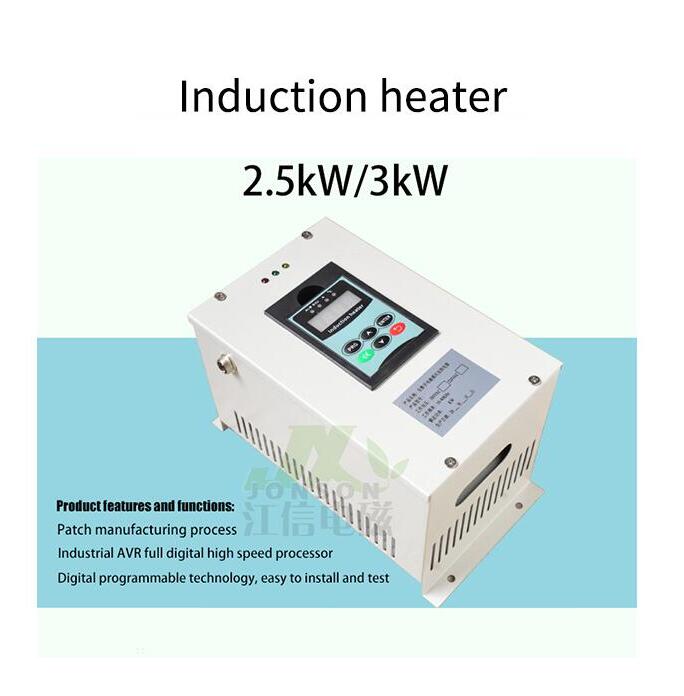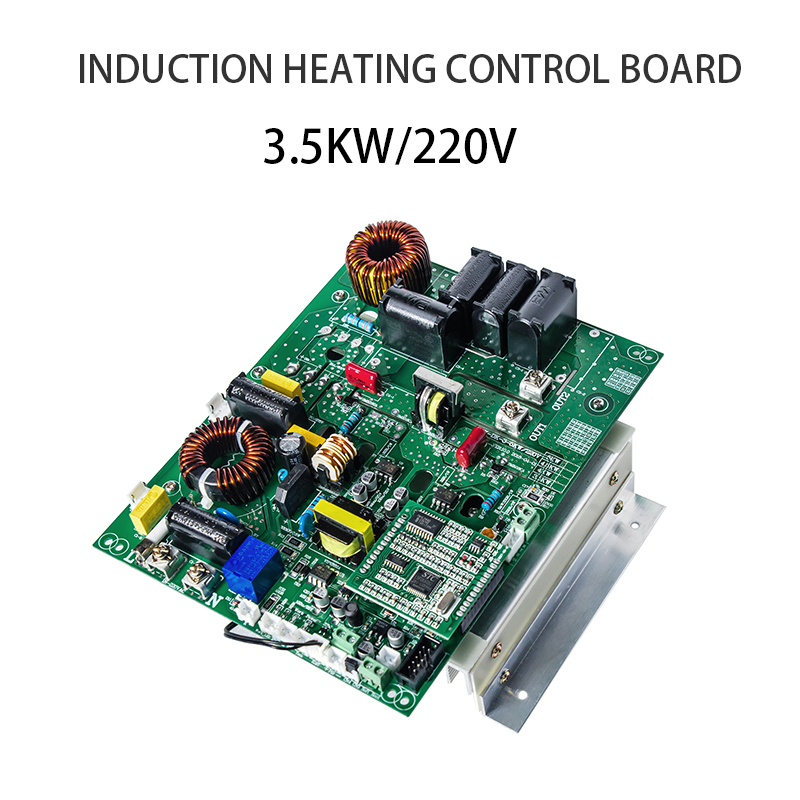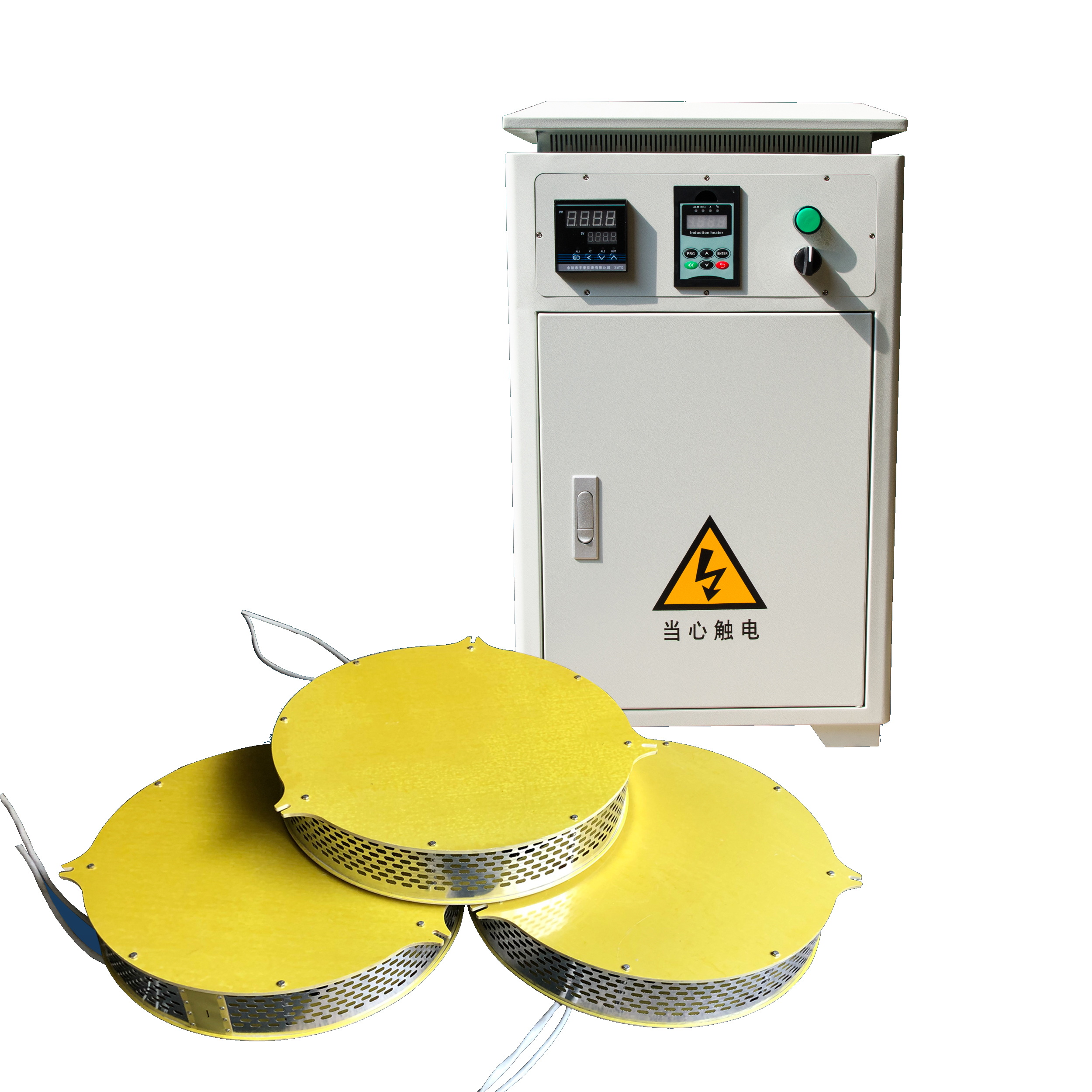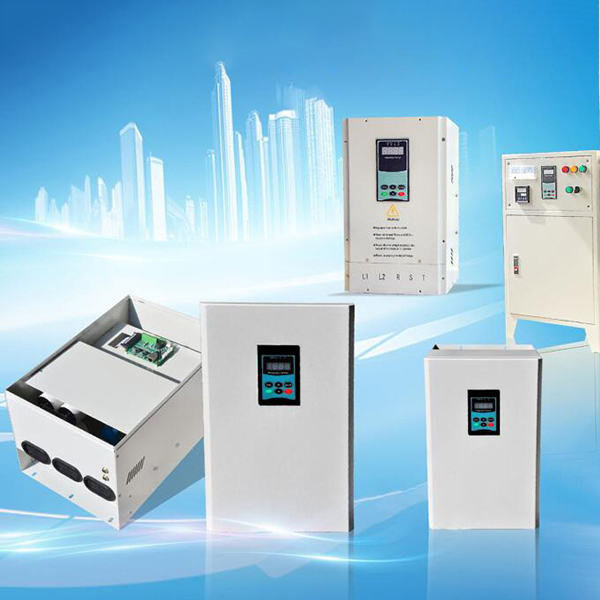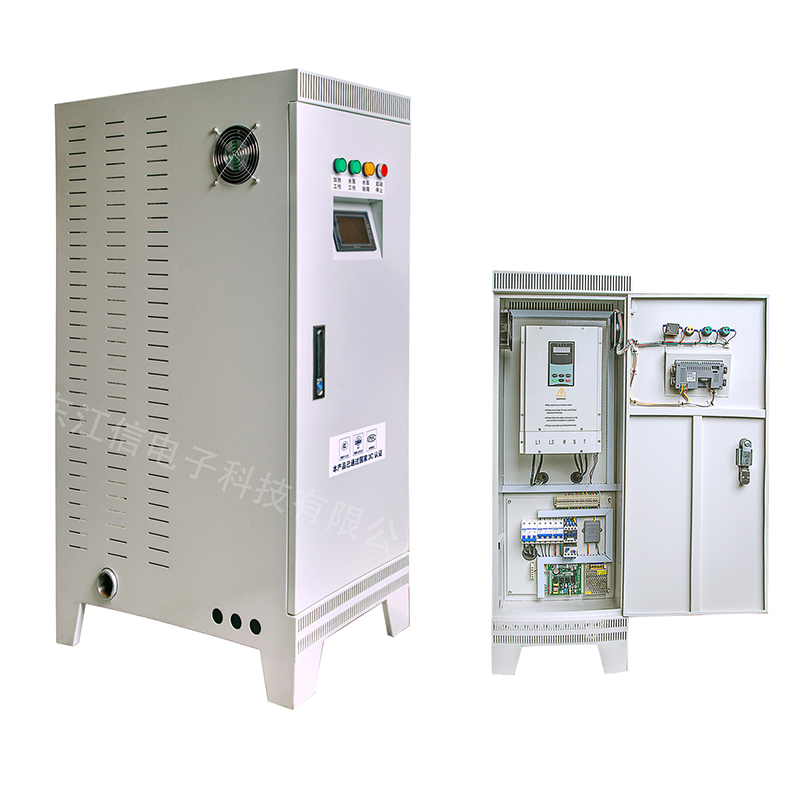Induction heating is becoming increasingly valuable in the plastic extrusion industry as a method to improve process efficiency and product quality. Here’s how it works and its benefits:
How Induction Heating is Used in Plastic Extrusion
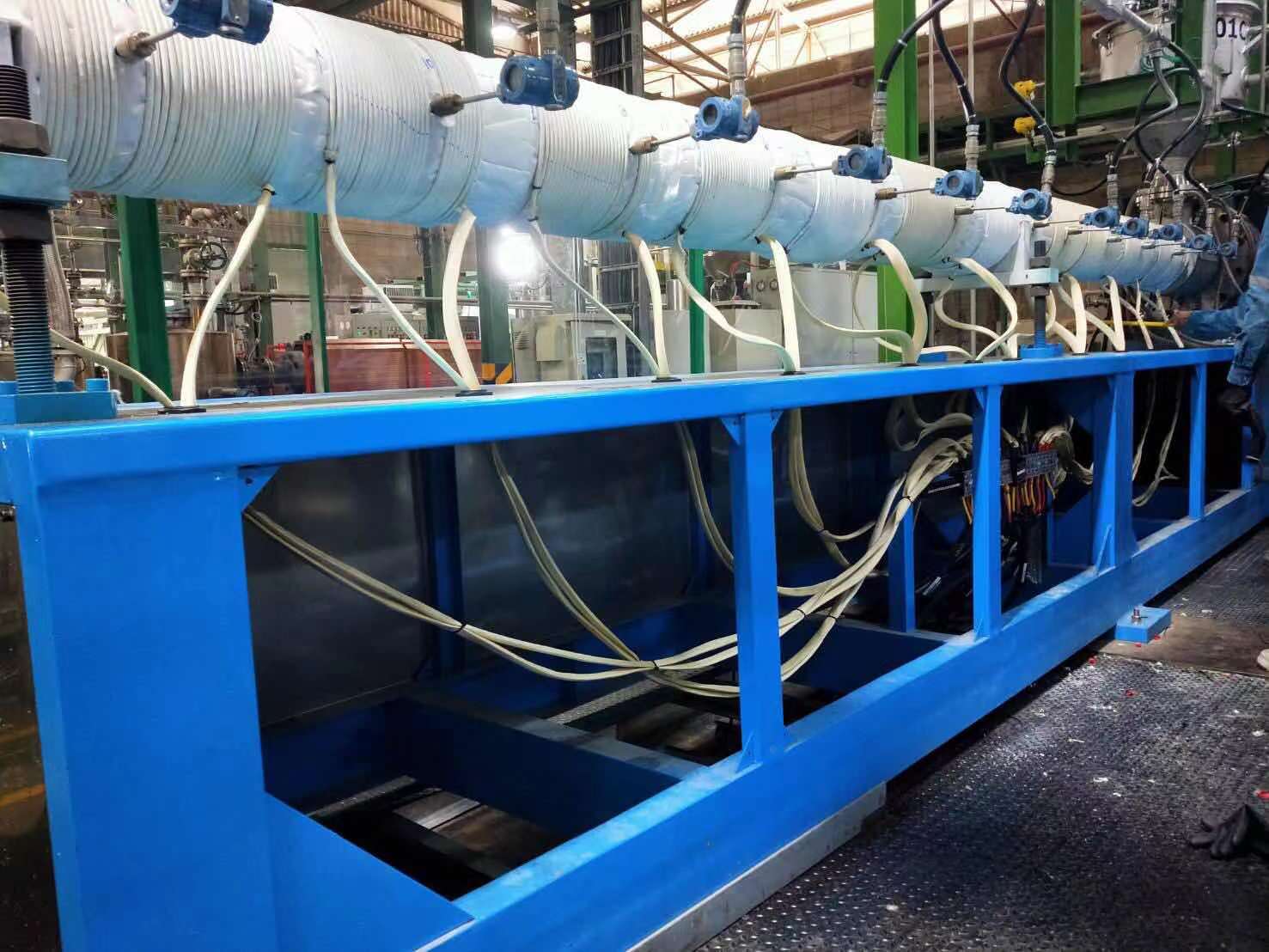
1.Pre-heating of Plastic Pellets: Induction heating can be used to pre-heat plastic pellets before they enter the extruder. This can reduce the viscosity of the plastic, making it easier to process and potentially lowering energy consumption during extrusion.
2.Heating the Extruder Barrel: Traditionally, extruder barrels are heated using resistance heaters, but induction heating can be a more efficient alternative. Induction coils can be placed around the barrel to provide quick and uniform heating, which is essential for maintaining consistent material properties throughout the extrusion process.
3.Die Heating: Induction heating can also be applied to the extrusion die to ensure the plastic maintains the necessary temperature as it is shaped, improving the quality of the final product.
Benefits of Induction Heating in Plastic Extrusion
4.Energy Efficiency: Induction heating directly heats the barrel or die without significant heat loss to the environment, which can lead to reduced energy consumption compared to traditional methods.
5.Faster Heat-Up Times: Induction can achieve the desired temperature much faster than resistance heating, reducing startup times and improving production rates.
6.Precise Temperature Control: Induction systems can be finely controlled and can respond quickly to changes in temperature requirements, allowing for tight control over the extrusion process.
7.Longer Equipment Life: Since induction heating reduces the thermal stress on heating elements and extruder barrels, it can extend the lifespan of these components.
8.Improved Product Quality: The precise control and uniform heating provided by induction can lead to better consistency in the properties of the extruded plastic products, such as thickness and strength.
9.Reduced Maintenance: With fewer mechanical parts and no need for contact heating elements, induction systems generally require less maintenance than traditional heating methods.
Applications
In the plastic extrusion industry, this technology can be particularly useful for high-throughput manufacturing lines that produce products such as plastic tubing, PVC pipes, and various profiles where consistent material properties are critical for quality assurance.
Induction heating's contribution to the plastic extrusion process showcases its potential to enhance manufacturing efficiency and product quality, making it a worthwhile consideration for companies looking to upgrade or modernize their production capabilities.

